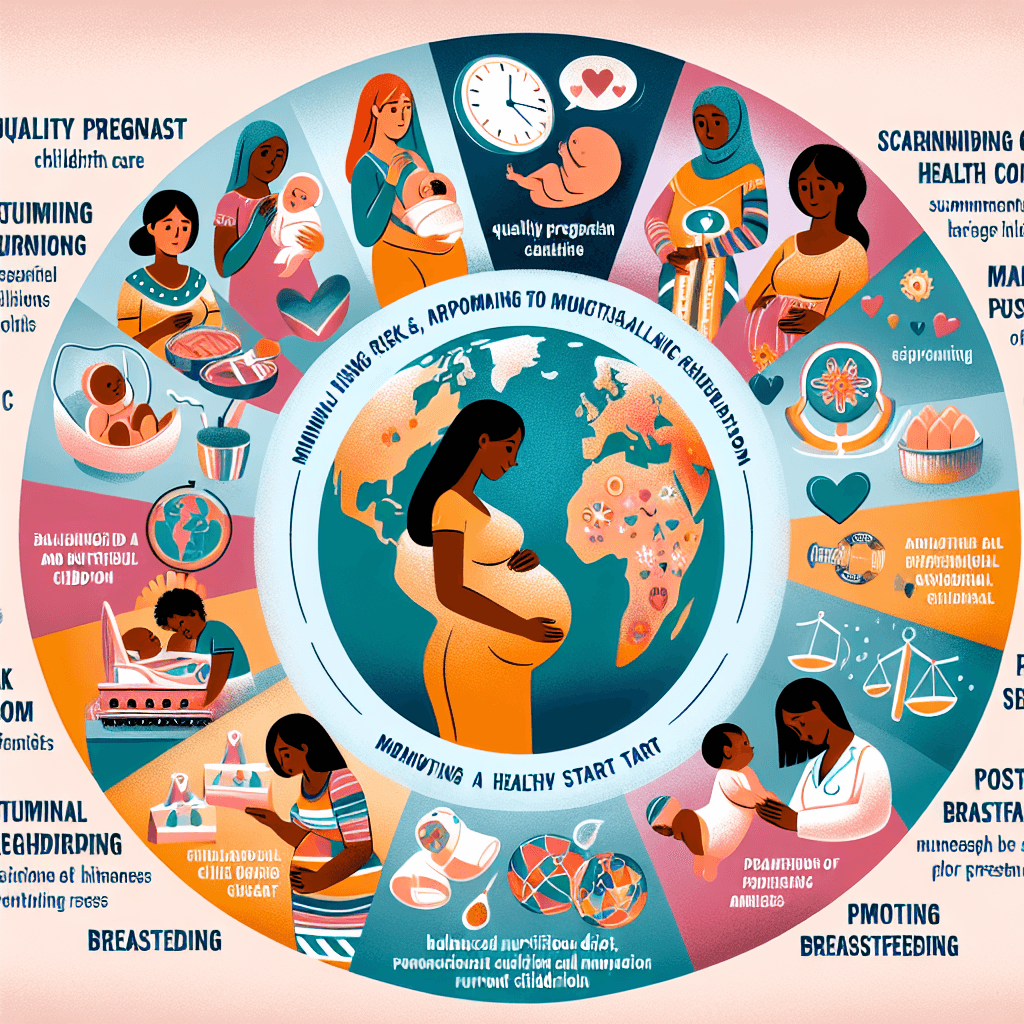Child Development: A Complete Guide to the Essential Stages
Introduction What is this guide about? It is an indispensable tool for every parent or parent-to-be who wants to understand and support the harmonious development of their child. In the following, we will go through the most important stages of children's growth and development together, providing details and advice to ensure the best conditions in this remarkable process.
First Days And First Discoveries The most important first days of life are fundamental for the development of the newborn. During this period, babies learn to adapt to their new world, recognize voices and smells, feed themselves and sleep. It is crucial that parents build a strong emotional bond and provide a calm and protective environment.
Exploring the World Through Sensors Starting from the second month, the baby's senses begin to develop strongly. Sight, hearing and touch are essential for discovering the environment. Colorful toys, music and gentle touch can help little ones explore and learn with enthusiasm.
From Baby to Toddler: Motor Development Around 6 months of age, babies begin to sit up and explore the world around them. Hand-eye coordination improves and babies begin to handle objects with more dexterity. Educational toys and age-appropriate books do wonders for this stage's development.
Communication and Socialization At about one year, children begin to utter their first words and understand simple language. Interactions with other family members or children of the same age are crucial for the development of language and social skills. Storytelling, singing and role playing are ideal activities for this stage.
Independence and Active Learning As they approach the age of 3, children want to explore the world on their own and begin formal education. This is the time when the foundations of learning are laid and independence is encouraged. Preschool is the ideal stage to start kindergarten and socialize with a larger group of children.
Threshold of Education At the age of 6-7, children are ready for the challenges and opportunities of primary education. Concentration and reading and writing skills develop rapidly. It is important to maintain a balance between study and play to keep the enthusiasm for learning alive.
Pre-Adolescence and the Importance of Emotional Safety Around the age of 9-12, children begin to experience changes in their emotional and social development, laying the foundations of their identity. Open communication, patience and encouraging self-discovery are vital to maintaining good mental health.
Navigating Adolescence During adolescence, children face many physical, emotional and social changes. They form their own opinions, identity and begin to understand the complexity of interpersonal relationships. Parental guidance is crucial, but so is providing space for self-discovery.
Conclusion Concluding this comprehensive guide to the essential stages of child development, it is remarkable to note how many achievements a young person goes through from birth to adolescence. As parents and tutors, it is our job to support and guide children along this path, keeping us informed and proactive. Give children wings to explore and roots to return home.
Visit our dedicated section of the website for more resources and ideas on how to support healthy child development or subscribe to our newsletter for the latest information and advice.














































































































































